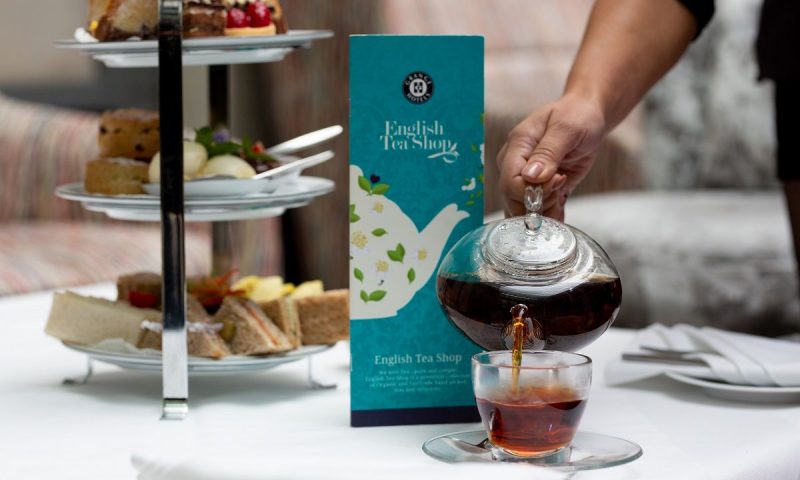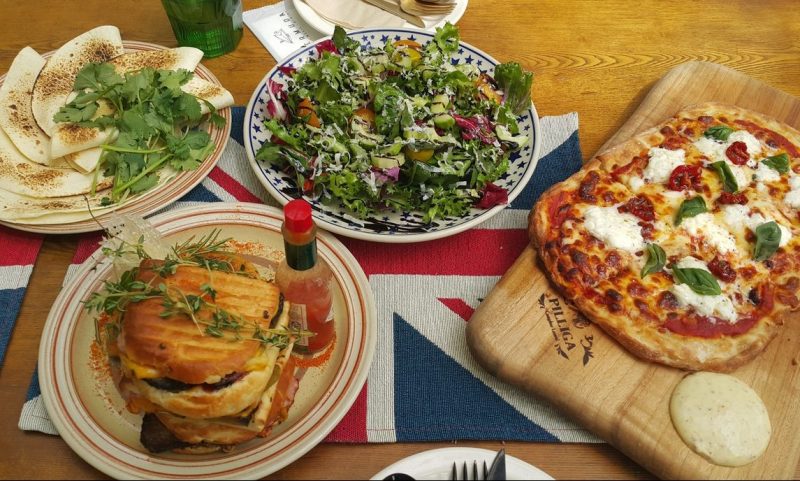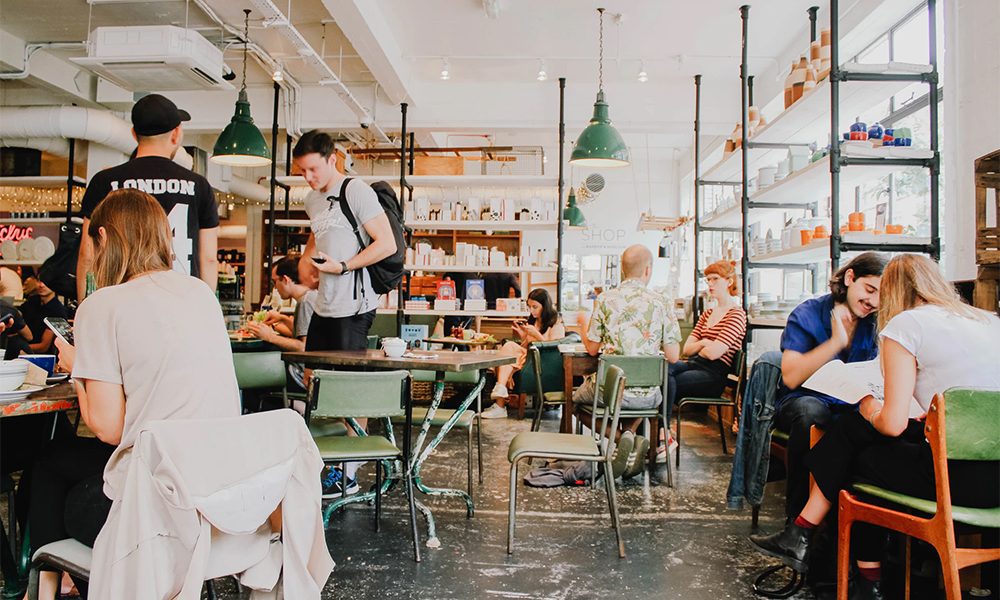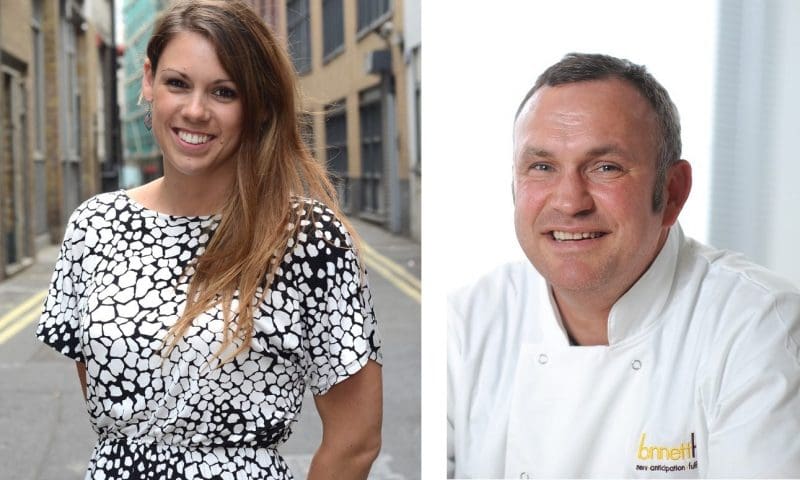Register to get 2 free articles
Reveal the article below by registering for our email newsletter.
Want unlimited access? View Plans
Already have an account? Sign in
Despite being an integral part of the British psyche, tea is set to be overtaken by coffee as the UK’s preferred hot beverage of choice by 2021, according to Euromonitor. This is driven by a perception that coffee is a more modern drink which, coupled with the explosion in coffee shops on the high street, is particularly attractive to a younger generation.
However, all is not lost for the most traditional of English pastimes. We are already beginning to see a shift in consumer habits which suggests that it is in line for a comeback – driven by demand for speciality and herbal brews and the creation of exciting new blends and flavour combinations.
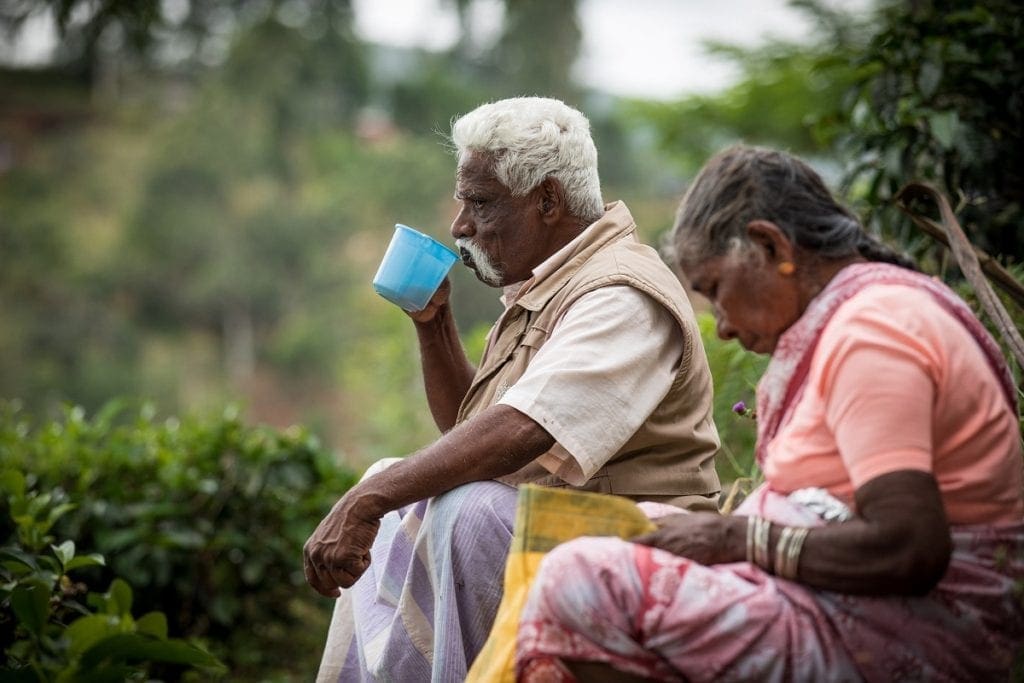
How coffee has stolen a march
Coffee has been incredibly successful at marketing itself as a cool product, led by the development of a Barista sub culture which has turned making a drink in to an art form. This has been coupled with large scale growth in the coffee shop market, which according to Allegra Strategies will continue to grow by more than 50% in the UK in the next five years.
Additionally, coffee is entering a “fifth wave” of growth, which is described as a new era of exceptional professionalism with brands “maintaining a focus on coffee quality service in upscale environments”.
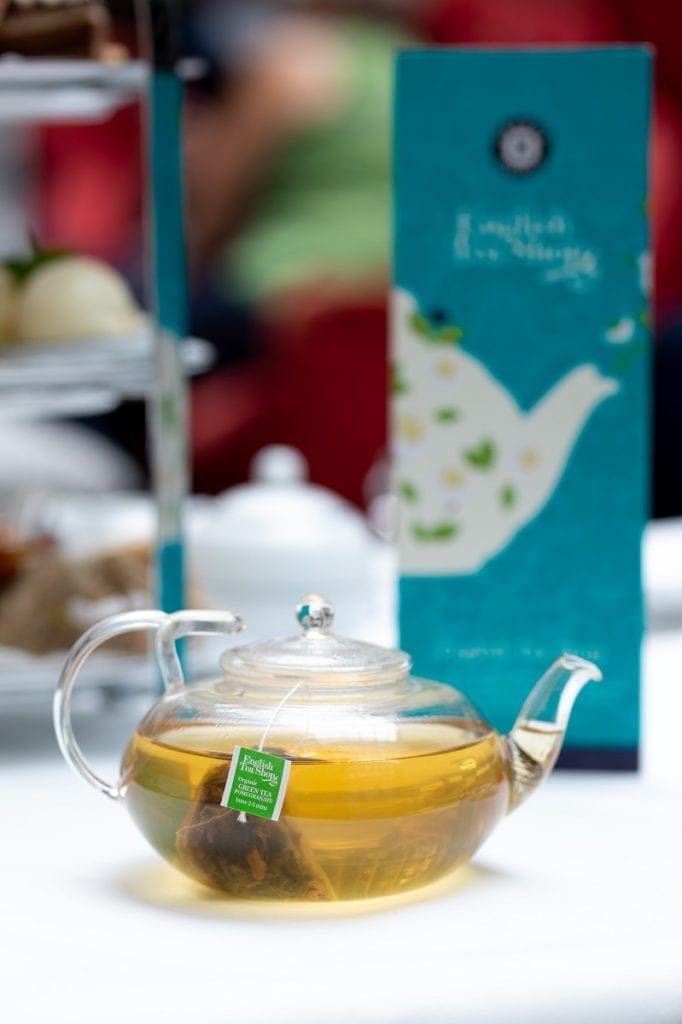
Why the future is bright for tea
While the conventional tea segment has been negative for some time, we are seeing significant growth opportunities in the speciality and organic segment – driven by millennials who are seeking a better quality and more ethical product.
Furthermore, the health credentials associated with speciality and herbal teas – they are packed full of anti-oxidants, low in sugar and low in caffeine – are numerous and are proving particularly attractive to a more health conscious audience.
Five step plan for tea to reclaim its crown:
- Focus on premiumisation. As tea can be paired with any ingredient there is no real boundary for premiumisation across the industry. Therefore, the increasing diversity of ingredients and focus on quality tea is driving consumers to try out new blends and flavour combinations.
- Go organic. It’s not only good for the environment, but good for your business too. By going organic, producers can put themselves in a strong position to capitalise on the growing demand for organic tea, which saw sales surge by 11.8% to £28m in the UK last year alone.
- Convert millennials. The versatility of tea coupled with the associated health benefits mean the industry is in a better position to convert new audiences such as millennials. Indeed, 37% of Brits aged 25-34 have drunk five to six different types of tea at home or in the workplace last year, according to Mintel.
- Revive the tea shop (or pub). Craft coffee has built a huge amount of awareness and kudos through its high street presence and it is something that the tea industry can learn from. While the UK hasn’t yet adopted the tea bar culture of the US, the growth in popularity of speciality tea has resulted in perceptions shifting and new ventures opening – including London’s first Tea Pub.
- Build a tea gifting culture. While we may not be able to beat the Barista, we do have something that coffee doesn’t – a tea gifting culture. No other hot beverage is used as a gift like tea and the industry has an exciting opportunity to emerge as a favourite in the ‘gift yourself’ and ‘gift your loved ones’ categories.
Overall, the tea industry is in a great position to launch a fight back against coffee. The provenance and diversity of our product makes it extremely attractive to both new and returning audiences. By focussing on our key strengths and adopting the steps outlined above, I believe tea can make up lost ground and begin to reclaim its crown as Britain’s best loved hot beverage.
Suranga Herath is CEO of English Tea Shop, the leading independent speciality and organic tea company







